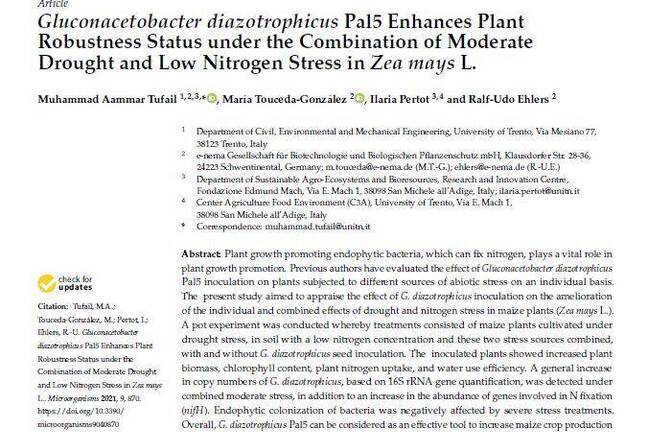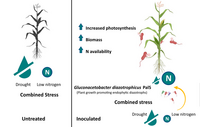Info
Marie Sklodowska-Curie Innovative Training Network (MSCA-ITN-EID) INTERFUTURE grant infomation:
Call: H2020-MSCA-ITN-2016
Grant Agreement: n. 722642
Title project: From microbial interactions to new-concept biopesticides and biofertilizers
Coordinator: Michele Perazzolli
Funding: EU under project number H2020-MSCA-ITN-2016 - 722642
Timeframe: 01.12.2016-31.05.2021
University/Department: Fondazione Edmund Mach, Department of Sustainable Agroecosystems and Bioresources
Network Partners: Fondazione Edmund Mach (Coordinator), Italy; University of Reims Champagne-Ardenne, France; University of Natural Resources and Life Sciences , Austria; University of Newcastle Upon Tyne, UK; University of Molise, Italy; BIOBEST, Belgium; BIPA NV, Belgium; INOQ GmbH, Germany; Azotic Technologies Ltd, UK; De Ceuster Meststoffen NV (DCM), Belgium; e-nema GmbH, germany; University of Trento, Italy
.
The content of this website reflects only the author’s view and the Research Executive Agency is not responsible for any use that may be made of the information it contains.



